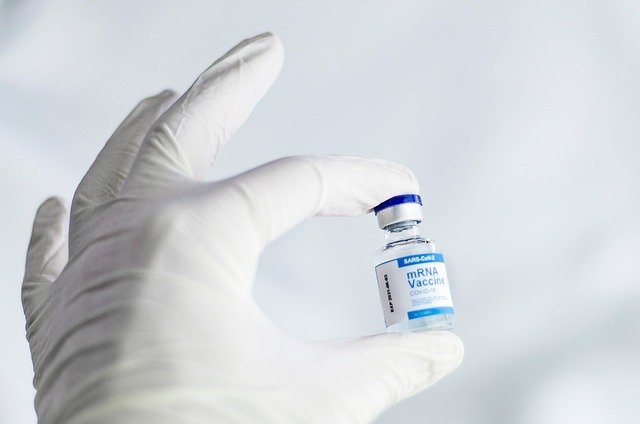Understanding Your Options: A Guide to Modern Lymphoma Treatments
If you've recently faced a lymphoma diagnosis—or know someone who has—there’s reason to feel hopeful. Innovative new treatments are now available across the U.S., offering options that are less invasive, more effective, and tailored to your needs. Staying informed about these breakthroughs could mean the difference between uncertainty and a renewed sense of control.

What are the traditional treatments still delivering results?
Traditional lymphoma treatments continue to play a crucial role in patient care. Chemotherapy remains a cornerstone of treatment, using powerful drugs to target and destroy cancer cells throughout the body. Radiation therapy, another long-standing approach, uses high-energy beams to shrink tumors and kill cancer cells in specific areas. These methods have been refined over decades, improving their effectiveness while minimizing side effects.
For some patients, a combination of chemotherapy and radiation therapy, known as chemoradiation, may be recommended. This approach can be particularly effective for certain types of lymphoma, as it combines the systemic treatment of chemotherapy with the localized precision of radiation therapy.
How is immunotherapy harnessing the body’s defense against lymphoma?
Immunotherapy represents a groundbreaking approach to lymphoma treatment, leveraging the power of the patient’s own immune system to fight cancer. One of the most successful forms of immunotherapy for lymphoma is CAR T-cell therapy. This innovative treatment involves removing a patient’s T-cells, genetically modifying them to recognize and attack cancer cells, and then reinfusing them back into the body.
Another form of immunotherapy, checkpoint inhibitors, works by blocking proteins that prevent T-cells from attacking cancer cells. These drugs have shown remarkable success in treating certain types of lymphoma, particularly in cases where traditional treatments have failed.
What are targeted therapies, and how do they work as precision medicine?
Targeted therapies represent the forefront of precision medicine in lymphoma treatment. Unlike traditional chemotherapy, which affects both healthy and cancerous cells, targeted therapies are designed to attack specific molecules or pathways that are crucial for cancer cell growth and survival.
For example, BTK inhibitors have revolutionized the treatment of certain B-cell lymphomas by targeting a protein called Bruton’s tyrosine kinase, which is essential for the survival of these cancer cells. Other targeted therapies include monoclonal antibodies, which can be designed to attach to specific proteins on cancer cells, either destroying them directly or marking them for destruction by the immune system.
How are clinical trials shaping the future of lymphoma care?
Clinical trials play a vital role in advancing lymphoma treatment, offering patients access to cutting-edge therapies before they become widely available. These trials test new drugs, combinations of existing treatments, and novel approaches like gene therapy or personalized vaccines.
Participating in a clinical trial can provide patients with potentially life-saving treatments, especially for those who have exhausted standard options. Additionally, these trials contribute to the broader understanding of lymphoma and help improve care for future patients.
What personalized support options are available for managing side effects?
Managing side effects is a crucial component of lymphoma treatment, and personalized support can significantly improve a patient’s quality of life during and after therapy. Many cancer centers now offer integrative medicine programs that combine conventional treatments with complementary therapies like acupuncture, massage, and nutritional counseling to alleviate side effects and boost overall well-being.
Supportive care teams, including oncology nurses, social workers, and palliative care specialists, work together to address physical, emotional, and practical challenges faced by lymphoma patients. This holistic approach ensures that patients receive comprehensive care tailored to their individual needs.
What are the latest advancements in lymphoma treatment options?
Recent advancements in lymphoma treatment have focused on developing more targeted and less toxic therapies. Bispecific antibodies, a new class of immunotherapy drugs, are showing promise in clinical trials for various types of lymphoma. These antibodies are designed to simultaneously bind to cancer cells and immune cells, bringing them together to enhance the immune system’s ability to fight cancer.
Another exciting area of research is the development of combination therapies that pair different treatment modalities, such as targeted therapies with immunotherapies. These approaches aim to improve efficacy while reducing the likelihood of drug resistance.
In conclusion, the landscape of lymphoma treatment is rapidly evolving, offering patients more options and better outcomes than ever before. From refined traditional treatments to innovative immunotherapies and precision medicine approaches, the field continues to advance. By staying informed about these options and working closely with their healthcare team, patients can access the most appropriate and effective treatments for their specific type of lymphoma.
This article is for informational purposes only and should not be considered medical advice. Please consult a qualified healthcare professional for personalized guidance and treatment.




